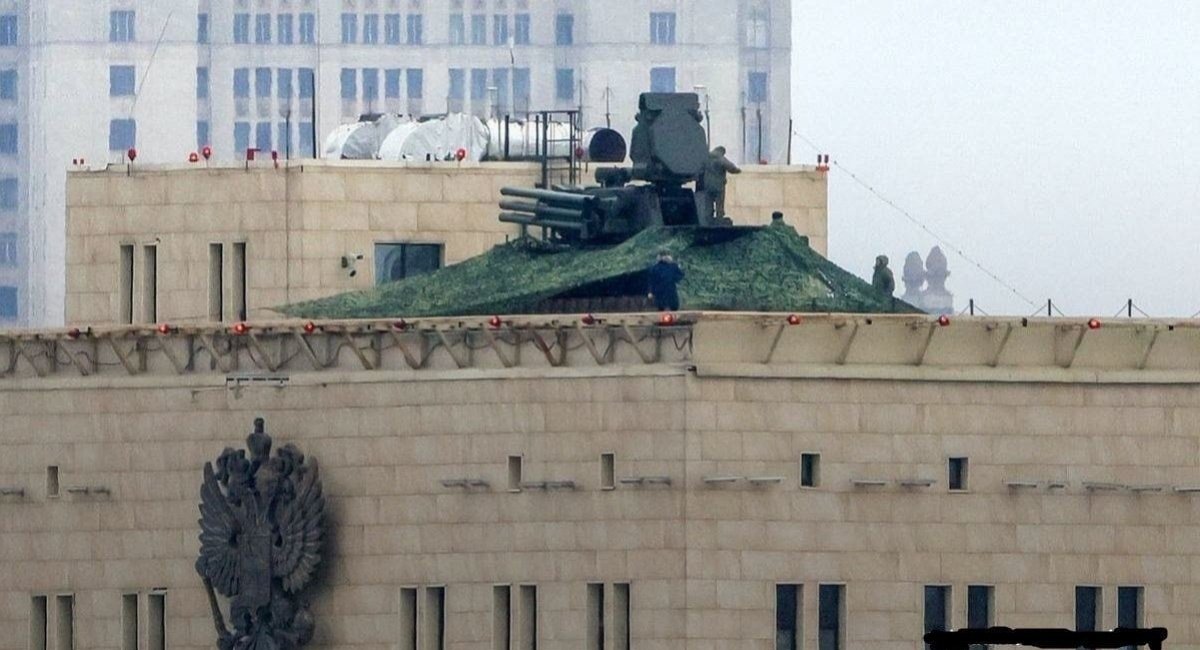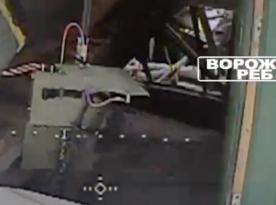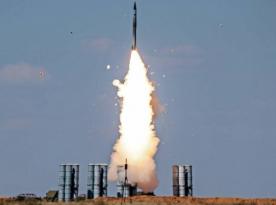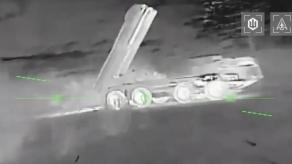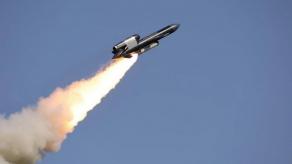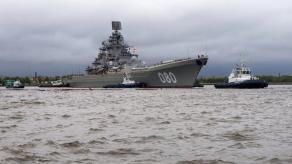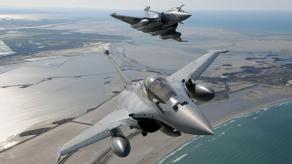After Ukraine launched another long-range drone strike against russian critical infrastructure, russian media have been untypically discoordinated in their coverage of this incident.
For a reminder, overnight and on the morning of September 1st, a large wave of explosive unmanned aerial vehicles flew into russia; an oil refinery in Moscow and power plants in Moscow and Tver Regions were struck.
Read more: Ukrainian Drones Finally Reached Moscow's Oil Refinery (Video)
In response to these events, the popular russian military blogger Fighterbomber said even one drone missed out by air defense overwrites the significance of a hundred drones taken down.
Another influencer argues that Moscow air defense units showed remarkably better performance than in other regions of russia. The reason for that, however, is largely due to the sheer amount of equipment concentrated in the region rather than some sort of refined tactics or level of personnel training.
As explained, with the political influence Moscow's mayor Sobyanin has, he managed to press the military to allocate twice as many air defense systems than the number initially offered, based on efficiency calculations.
Furthermore, on top of getting more air defense equipment, the mayor's office allegedly ensured that associated military personnel will get incentives and significantly better working conditions than their colleagues elsewhere.
All in all, while the reports claim only one drone managed to pass through the air defense, it still caused a fire of "critical difficulty level" at one of the largest oil refineries in Moscow.
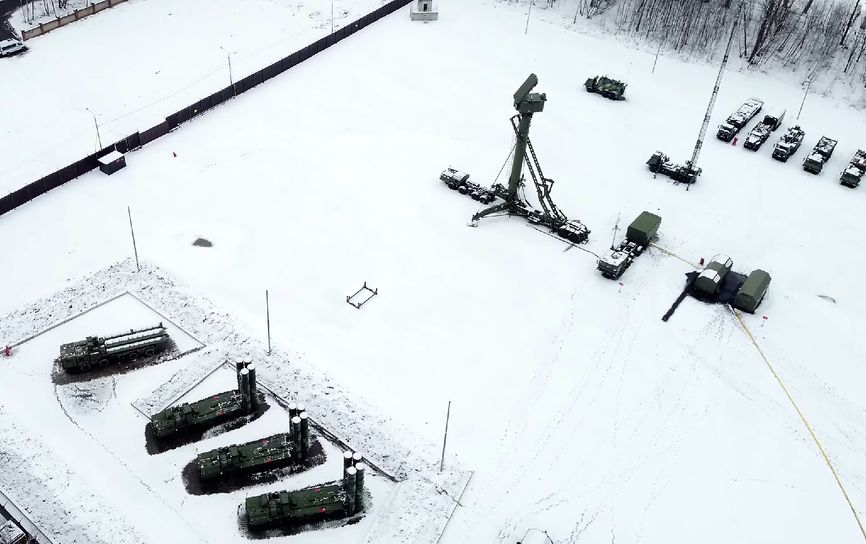
Worth noting, starting spring 2023, Moscow has been reinforced with additional anti-aircraft assets. Reports suggested that S-400 systems were deployed in the immediate proximity to residential areas or inside the city.
Later in September same year, russians even began building special supporting structures similar to the German Flakturm from the WW2 era and placing Pantsir-S missile systems on top.
The russian military and authorities keep quiet about the number of surface-to-air systems of all kinds deployed in and around Moscow. Empirical observations, though, indicate that with this much focus on guarding the city, the russian armed forces are lacking air defense to effectively guard more distant locations like power supply infrastructure.
Read more: F-16 Shields Ukraine From Cruise Missiles Better Than Any Ground-Stationed Air Defense System Could




